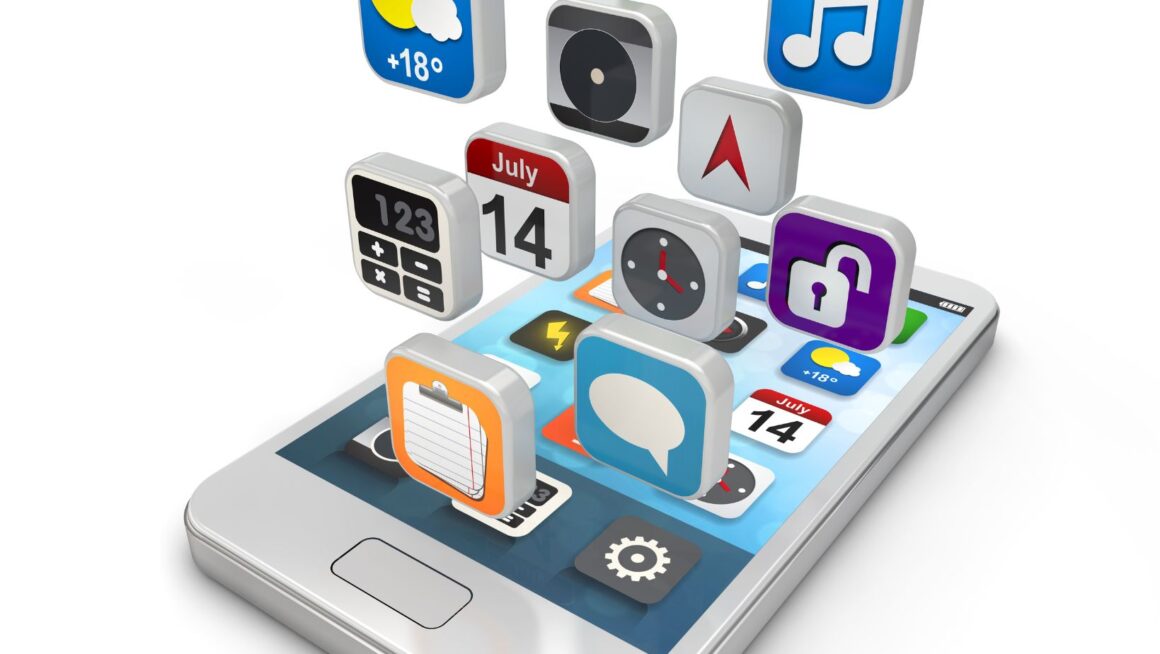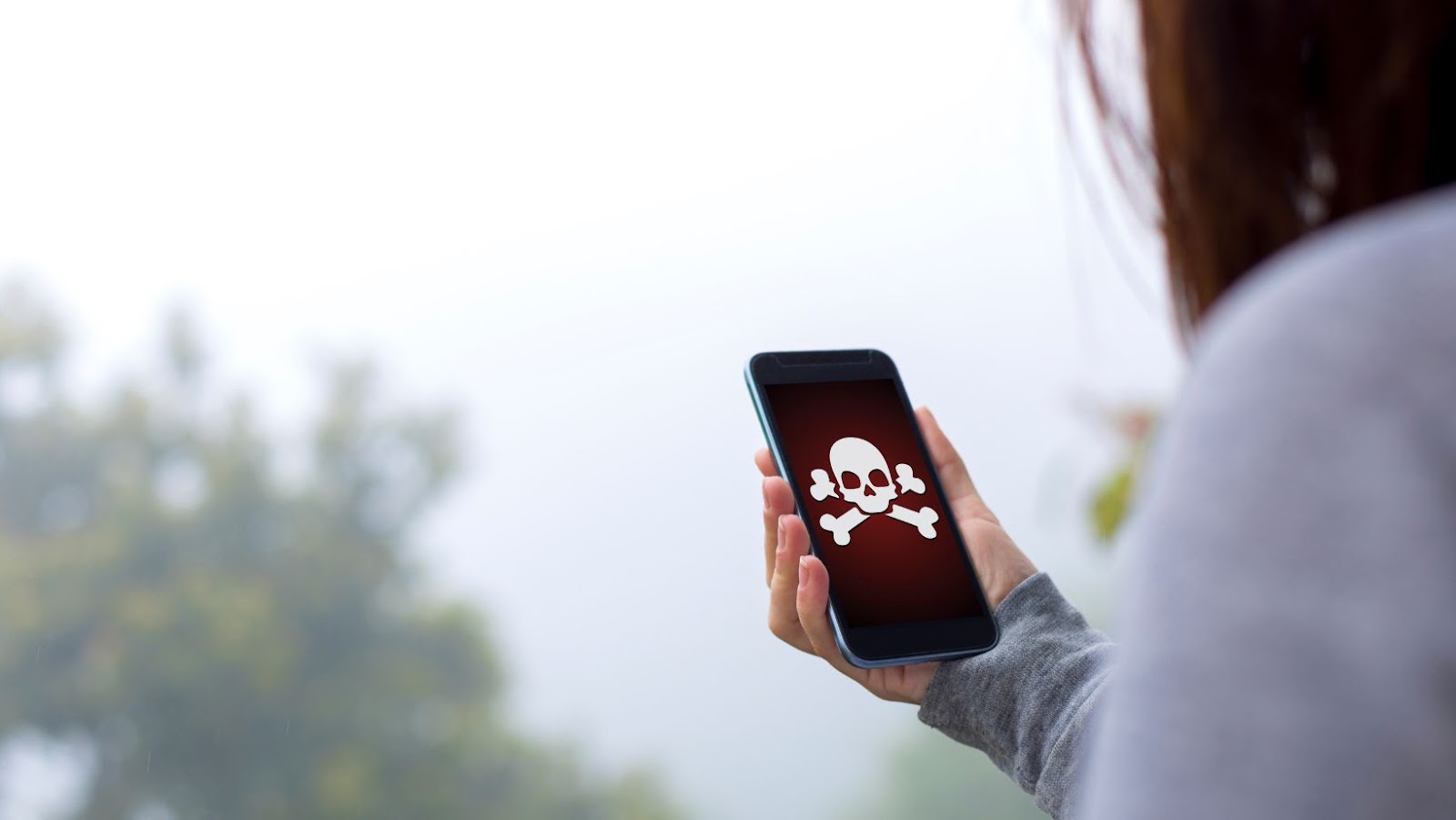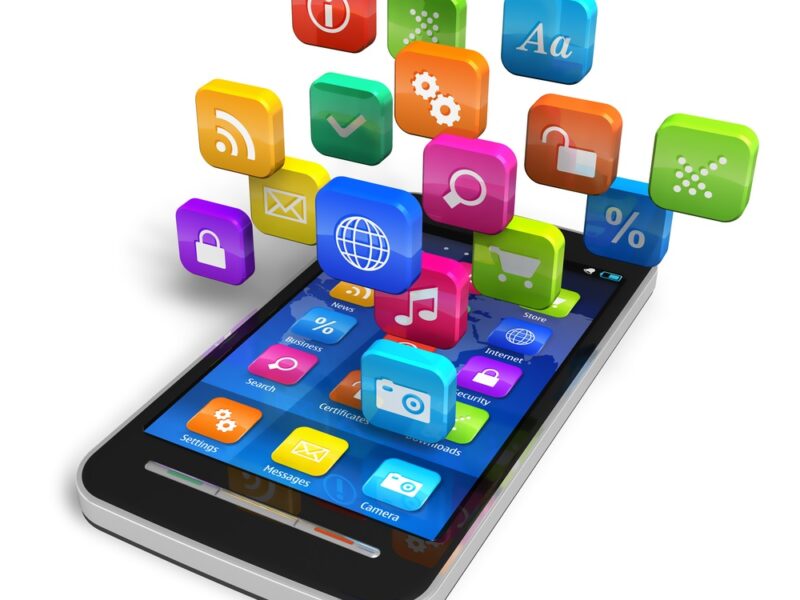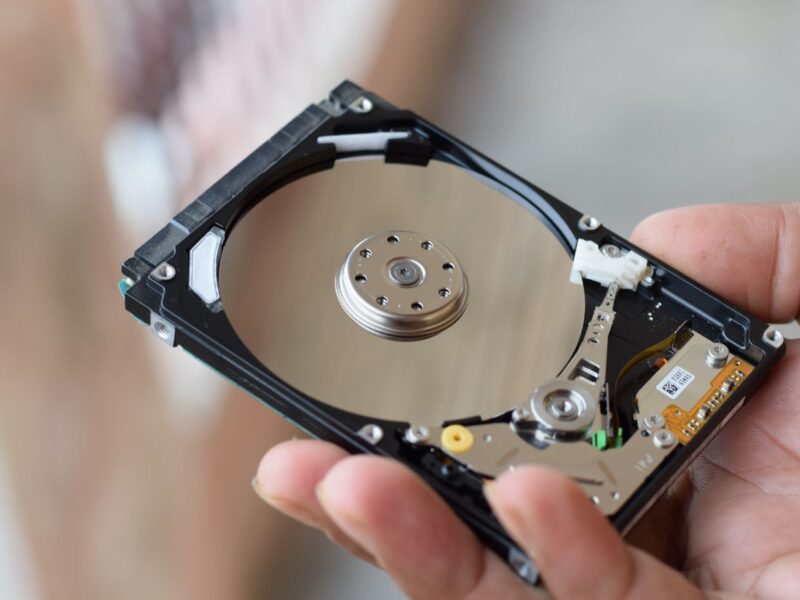Table of Contents
Smartphone apps have become an important part of our daily lives. From managing our schedules to staying connected with loved ones, and even finding entertainment, there’s an app for nearly everything. But it wasn’t always this way. The ecosystem of apps that we now take for granted was built on the foundation laid by the very first smartphone apps. These pioneering apps were more than just novelties; they revolutionized the way we use our phones and forever changed our interaction with technology.
The Birth of the Smartphone: A Brief History
Before diving into the apps themselves, it’s important to understand the context in which they emerged. The transition from basic mobile phones to smartphones was a significant leap in technology. Early mobile phones were primarily for making calls and sending text messages. However, the launch of the iPhone in 2007 by Apple marked the dawn of a new era in mobile technology. With its touchscreen interface and the introduction of the App Store in 2008, Apple opened the floodgates for developers to create apps that could transform the iPhone into a multi-functional tool.
Although the iPhone is often credited with revolutionizing the smartphone industry, early competitors like Blackberry and Android platforms also played crucial roles. Blackberry, for example, was a pioneer in integrating mobile email, setting the stage for future productivity apps.
The First Wave of Smartphone Apps
The first wave of smartphone apps was both simple and groundbreaking. These apps laid the groundwork for the diverse app ecosystem we see today.
Mobile Email Clients
One of the earliest and most impactful apps was the mobile email client. Blackberry’s email client was a game-changer, allowing users to send and receive emails on the go, something that was previously confined to desktop computers. This seamless mobile communication paved the way for smartphones to become essential tools in the professional world.
Calendars and Productivity Tools
Alongside email clients, early calendar apps and to-do lists became indispensable for managing personal and professional schedules. These apps redefined how we approach productivity, enabling users to organize their lives directly from their phones. Apps like Apple’s Calendar and third-party productivity tools provided the flexibility to manage tasks and appointments on the move, which was revolutionary at the time.
Simple Games
Entertainment also found its way onto smartphones early on. Simple games like “Snake,” which gained popularity on Nokia phones, were among the first to capture users’ attention. With the launch of the App Store, games like “Angry Birds” became cultural phenomena, demonstrating the potential of mobile gaming. These games were not just pastimes; they showcased the power of smartphones as entertainment devices.
The Revolutionary Impact of Early Smartphone Apps
The impact of these early apps was profound, changing the way people communicated, managed their time, and entertained themselves.
Changing Communication
Email apps and messaging services on smartphones shifted communication from being computer-centric to mobile-centric. This mobility meant that people could stay connected and responsive regardless of their location, fundamentally altering both personal and professional communication dynamics.
Redefining Productivity
Calendar apps and productivity tools enabled a new level of efficiency. No longer tied to a desk, people could manage their schedules and tasks on the go, leading to the rise of mobile work culture. This shift laid the foundation for the flexible, remote work environments that are common today.
Entertainment on Demand
The success of early mobile games underscored the demand for entertainment on the go. The ability to download and play games anytime, anywhere, opened up new possibilities for how people could engage with content and led to the development of more sophisticated entertainment apps.

You can also download entertainment apps like Capcut or Deepnude to provide hours of fun.
The Evolution of the App Ecosystem
As the popularity of these early apps grew, so did the app ecosystem.
Expansion of App Categories
Apps diversified rapidly, evolving from basic utilities into complex tools for social interaction, media consumption, and more. Social media apps, streaming services, and e-commerce platforms soon became standard on every smartphone.
The Role of Developers
Opening platforms to independent developers fueled innovation. Developers were empowered to create apps that addressed a wide range of needs, leading to a vibrant and competitive app marketplace.
The App Store Economy
With this growth came the monetization of apps. The app economy began to flourish, with apps generating billions in revenue and creating new business models centered around in-app purchases, subscriptions, and advertisements.
Legacy of the First Smartphone Apps
The pioneering features of the first smartphone apps have left an indelible mark on modern app design.

- Influence on Modern Apps: These early apps set the standard for user experience and functionality, influencing the development of more sophisticated apps. The principles of simplicity, accessibility, and utility that guided the first apps continue to shape future innovations.
- Ongoing Evolution: As technology advances, the core ideas from these early apps remain relevant, ensuring that smartphones will continue to evolve as powerful, multi-functional devices.
The journey from the first smartphone apps to today’s vast app ecosystem is a testament to how quickly technology can change the world. These pioneering apps not only revolutionized the way we use our phones but also redefined our daily lives. As we look forward to the future of smartphone apps, we can only imagine the innovations that lie ahead.







